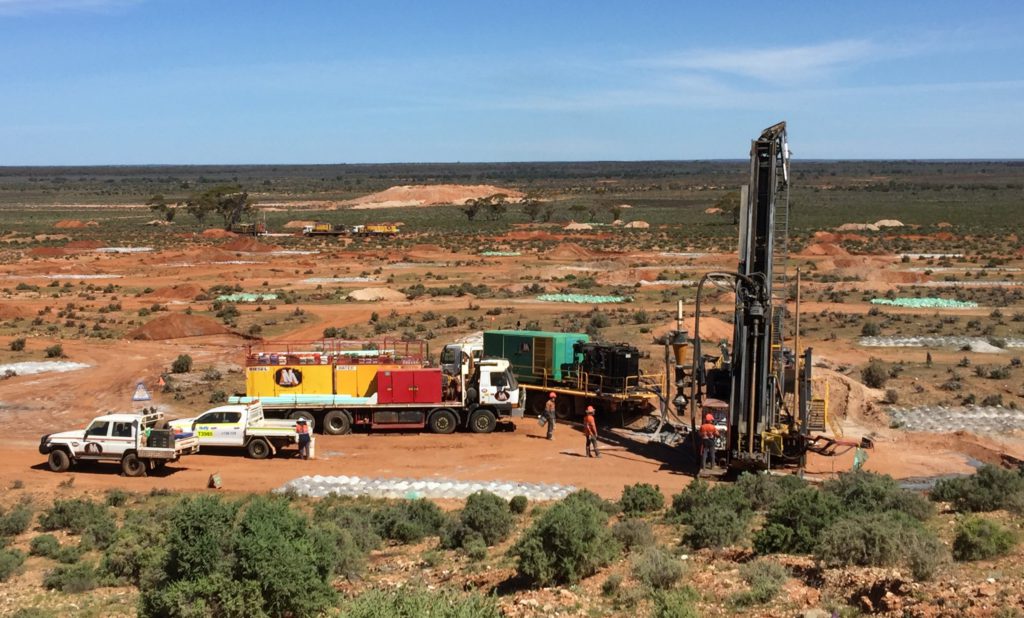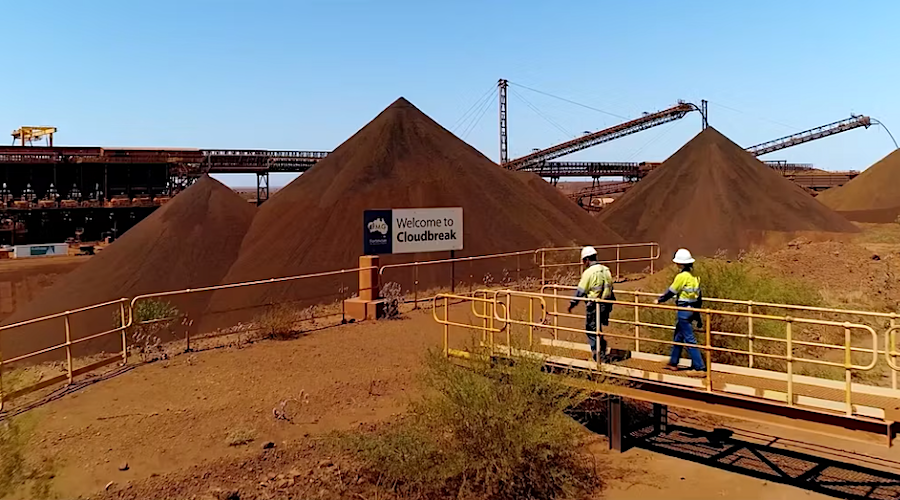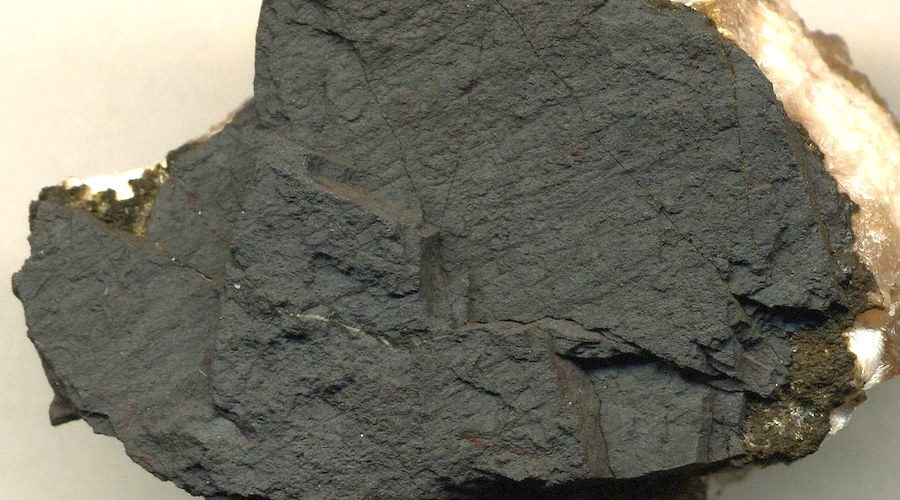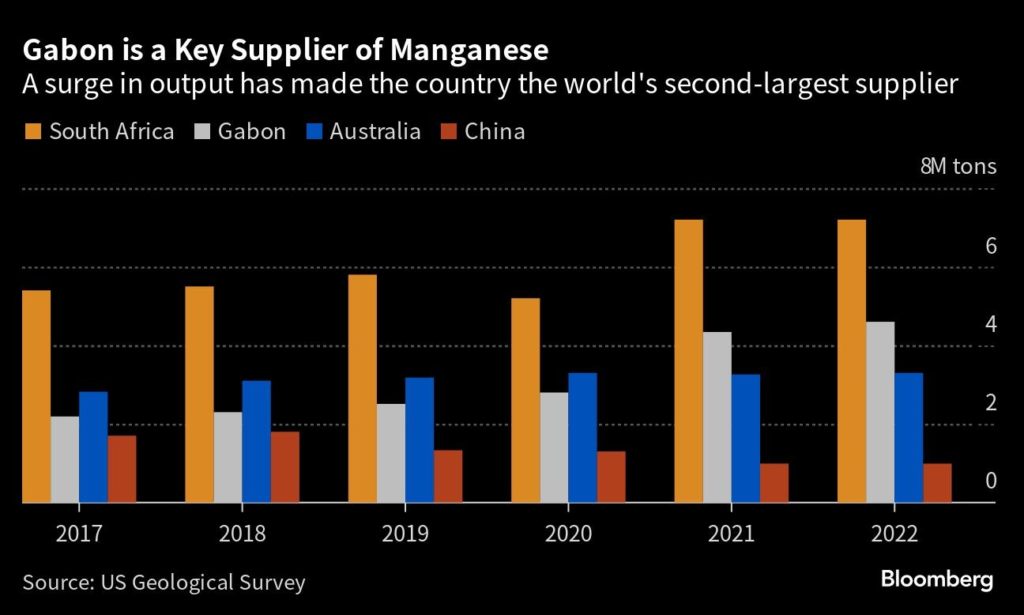As Meta Platforms Inc. has started blocking news in Canada, one expert said an agreement between the federal government and the social media giant seems unlikely – but an agreement with Google is possible.
Tech companies and the federal government remain in a standoff regarding the Online News Act, a law set to come into force later this year that will force tech companies to pay news publishers for content shared on their platforms.
Meta announced this month that it had begun removing Canadian news from Facebook and Instagram in response to the law, and on Monday Prime Minister Justin Trudeau publicly criticized Meta for blocking news on its platforms amid wildfires and evacuations in British Columbia and the Northwest Territories.
Michael Geist, Canada research chair in internet and e-commerce law at the University of Ottawa, said he “doesn’t see much hope of an agreement” between Meta and the federal government.
“I don’t see an agreement with Meta short of withdrawing the law, and I don’t see that happening,” Geist told BNNBloomberg.ca in an email on Sunday.
He added that the social media platform seemingly wants “out of news” and is unlikely to agree to legislation that dictates payment based on the use of links.
The situation appears slightly different with Google, which has also expressed frustration with the law and tested blocking news for some Canadian users earlier this year.
“Reports suggest some discussion around the regulations that might provide Google with cost certainty on the payments. That represents a major departure for the government but might be enough to find a middle ground,” Geist said.
Any agreement between Google and the federal government is unlikely to compel Meta to follow suit, according to Geist, because the two companies value news differently.
“For Google, there is value in its inclusion in its search index. No such value for Meta,” he said.
Geist said that a workable solution could come in the form of pivoting from a link-based payment system to either a taxation or fund model.
“I think taxation is the best approach but a fund model (similar to film and TV) could be used to support journalism while eliminating many of the problems,” he said.
STATE OF NEGOTIATIONS
In a release in June, Meta stated that content including news links posted by Canadian publishers and broadcasters would no longer be accessible to individuals in the country.
As of last week, the Office of the Minister of Canadian Heritage wouldn’t confirm if any future meetings were scheduled with Meta.
“Facebook knows they have no obligations under the Act right now. They have not participated in the regulatory process,” Minister of Canadian Heritage Pascale St-Onge said in a written statement to BNNBloomberg.ca.
St-Onge said while Google and Meta earn the majority of digital ad revenue in Canada, hundreds of news outlets have closed. She added that a free and independent press is integral to the nation's democracy and that Canadians expect tech companies to follow the nation's laws.
St-Onge added that a free and independent press is integral to the nation's democracy and that Canadians expect tech companies to follow the nation's laws.
“(Meta) would rather block their users from accessing good quality and local news instead of paying their fair share to news organizations.”
Google confirmed in a statement to BNNBloomberg.ca last week that talks with the government were ongoing, but noted concerns that the regulatory process will not be sufficient to resolve current “structural issues” with the Online News Act.
THE PATH FORWARD
Ricard Gil, a professor of business economics at the Queen’s University Smith School of Business, told with BNNBloomberg.ca that all sides must enter negotiations in order to find a solution.
He said discussions between tech companies and the government should focus on the importance of the Canadian news ecosystem as well as the use of content from Canadian publishers.
“I'm pretty sure that Google and Meta value (Canadian news) and so that's where you actually see joint pockets of value,” Gil said in an interview last week. “If the Canadian government and the big tech companies can negotiate around these pockets of value, maybe we'll get to a point where there’s an agreement.”
Gil noted that tech companies have shown a willingness to remove news content based on regional legislation or “completely shut down their services” in certain areas.
Canada’s Online News Act differs from legislation in Europe that attempted to compel tech companies to compensate news organizations for using content, Gil noted.
He said that under those previous laws, “newspapers could actually opt out” if they decided the benefits provided by tech platforms outweighed the costs, but that isn’t the case with Canada’s law.
“(Canada’s Online News Act) is more aggressive in that sense that the right to opt-out has basically (been) taken away from the news outlets,” he said.
BCE is the parent company of BNN Bloomberg through its Bell Media division.
Now Showing
Meta will likely bargain and reinstate news on its platforms in Canada: Analyst 3:35







